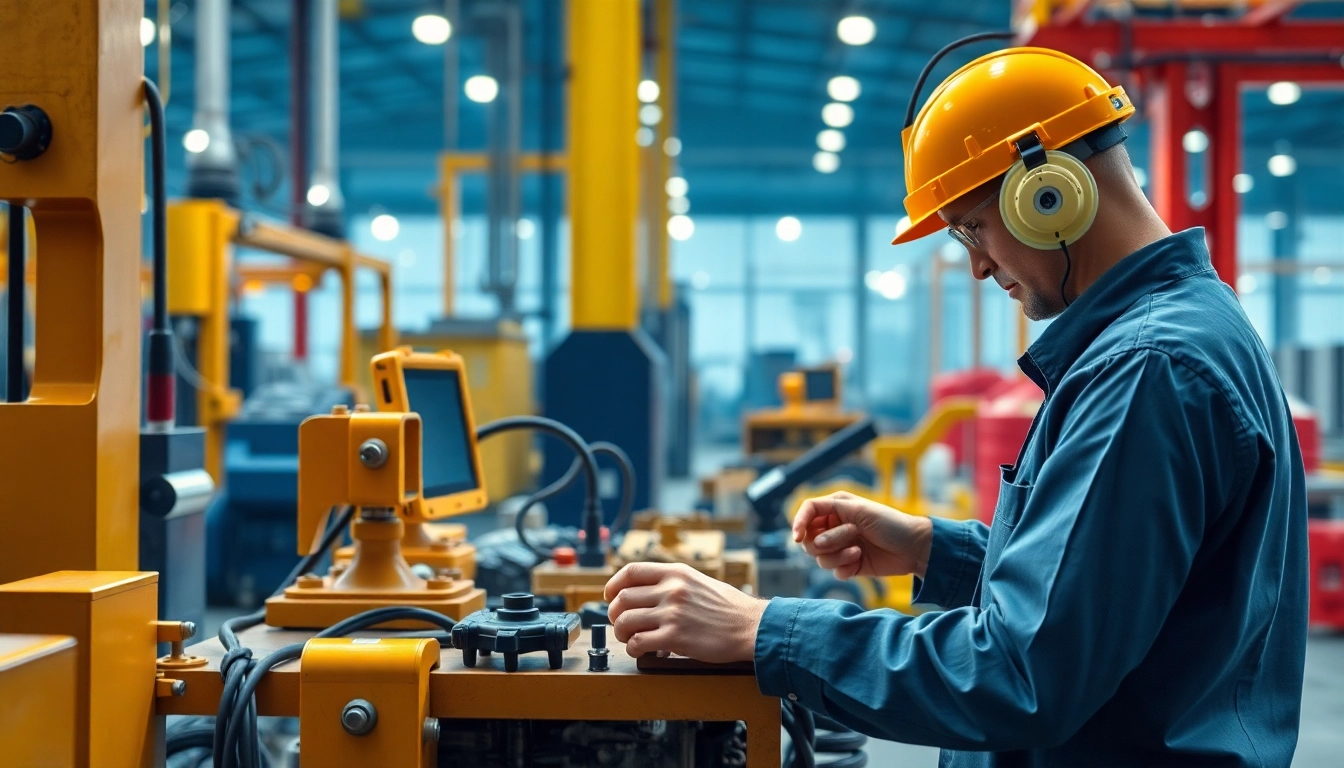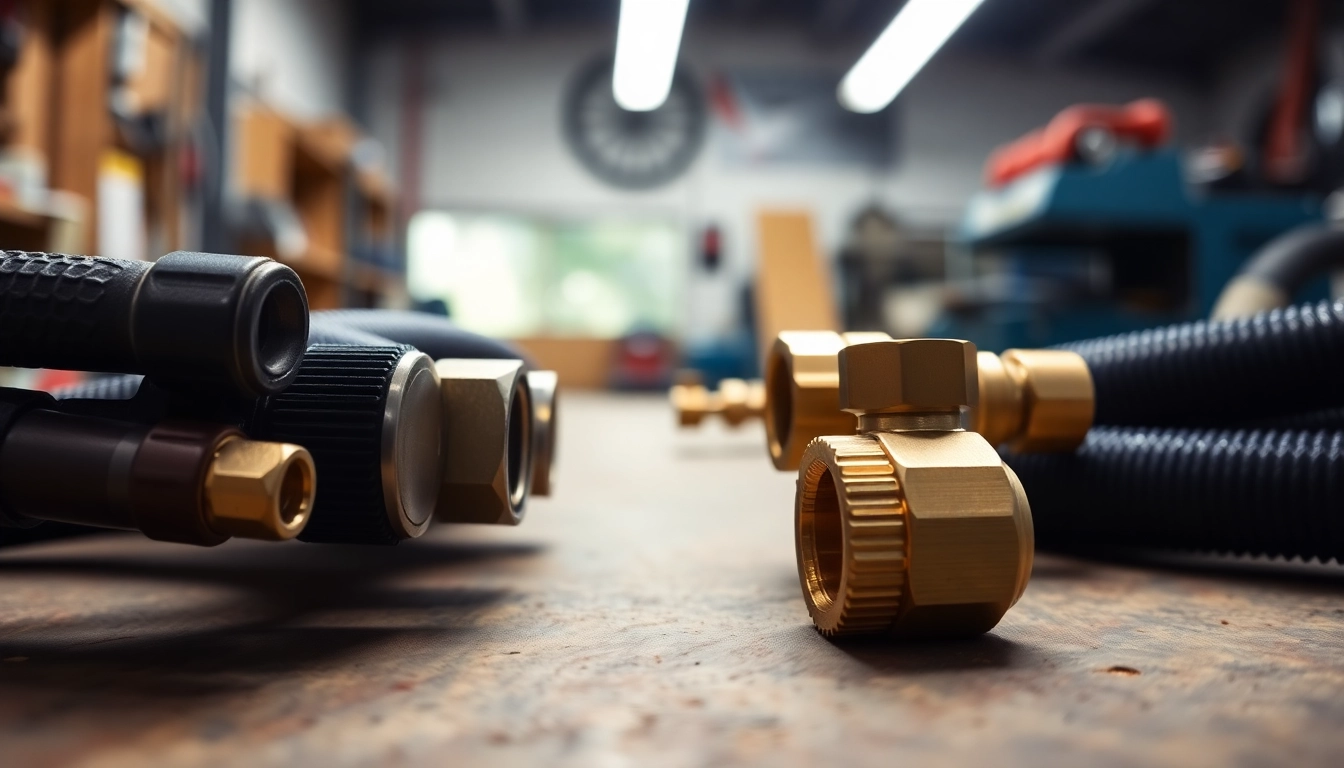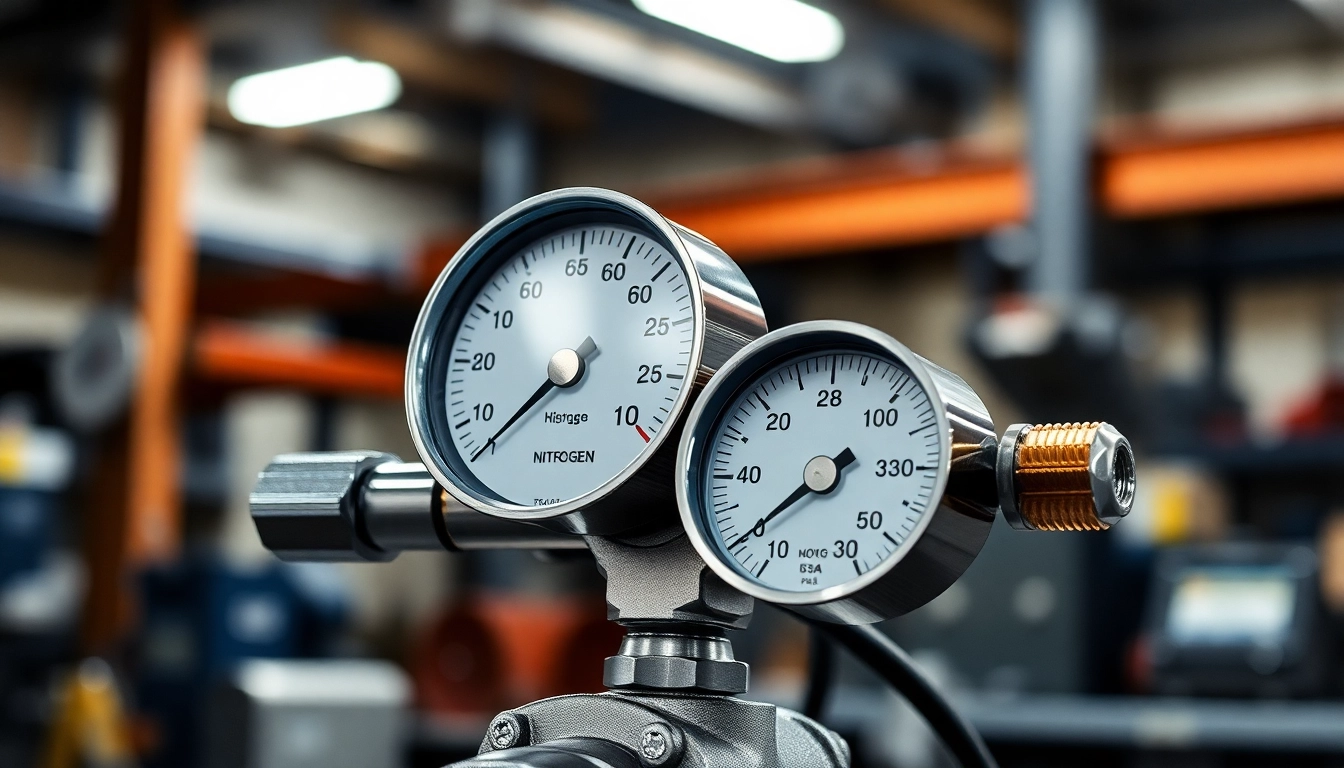Understanding Filling Machines and Their Applications
Filling machines have revolutionized the way products are packed and distributed across various industries. With the ability to automate the filling process, these machines not only optimize production but also enhance consistency and precision. Whether in the food, beverage, pharmaceutical, or chemical sectors, filling machine manufacturers have developed sophisticated solutions to meet diverse filling needs.
The Role of Filling Machines in Various Industries
Filling machines are pivotal in the supply chain, playing a crucial role in how businesses package their goods for consumers. Different sectors have unique requirements that filling machines satisfy:
- Food and Beverage: In this industry, filling machines are essential for ensuring food safety and compliance with health regulations. They are designed to fill liquid products like juices, sauces, or oils into bottles and containers rapidly.
- Pharmaceuticals: Precise dosing is critical in the pharmaceutical realm. Filling machines in this sector are engineered to handle a variety of liquids and powders while maintaining accuracy to comply with stringent health standards.
- Chemicals: Chemical filling machines deal with hazardous materials, requiring robust safety features and specialized construction to prevent contamination and ensure worker safety.
Types of Filling Machines and Their Functionality
There are several types of filling machines available, each tailored for specific applications. Understanding these types can assist businesses in selecting the right machine for their needs:
- Gravity Fillers: Primarily used for thin liquids, gravity fillers rely on gravity and utilize a filler nozzle to dispense product into containers.
- Piston Fillers: Ideal for thick products, piston fillers use a piston mechanism to ensure accurate volumes of gel-like or viscous substances.
- Volumetric Fillers: These machines dispense a fixed volume of liquid regardless of the liquid’s density and are often used in high-speed applications.
- Auger Fillers: Used primarily for powdered products, these fillers utilize an auger mechanism to measure and dispense powders efficiently.
Choosing the Right Filling Machine for Your Business Needs
Selecting the appropriate filling machine involves a careful assessment of various factors, including:
- Product Characteristics: Understanding the viscosity, flow properties, and sensitivity of your product is essential in determining the appropriate type of filling machine.
- Container Specifications: The size, shape, and material of containers significantly influence machine selection. Ensure the filling machine can accommodate your specific containers.
- Production Speed: Evaluate your production volume requirements. Machines vary in speed and output, and it’s crucial to choose one that can meet your demands efficiently.
- Budget Constraints: Consider not only the initial purchase price but also long-term costs associated with maintenance, operational efficiency, and potential upgrades.
Top Filling Machine Manufacturers in the Market
The market for filling machines is rich with diverse manufacturers, each with unique offerings that cater to different industry needs. Evaluating these manufacturers helps businesses identify potential partners for their production lines.
Leading Brands and Their Unique Offerings
Here are some of the noteworthy filling machine manufacturers:
- Accutek Packaging Equipment Company, Inc.: Known for their wide range of filling machines that cover most product types and container types, Accutek emphasizes versatility and reliability in their equipment. Their machines are suited for both small and large-scale operations.
- Cozzoli Machine Company: Specializes in filling, capping, and washing machines designed for a variety of industries. Cozzoli provides tailored solutions to meet specific application needs.
- Volumetric Technologies: An all-American brand focusing on reliable production systems, especially in the beverage and food industries.
- E-PAK Machinery: Offers a variety of liquid filling machines, cappers, and labelers, and is recognized for their commitment to quality and customer service.
- Filling Equipment Co Inc: Based in Queens, New York, they specialize in filling machines for diverse products and are known for their durable construction and reliability.
Comparative Advantages of Popular Manufacturers
Choosing a filling machine manufacturer goes beyond the machine’s specifications; it involves understanding the comparative advantages each brand offers:
- Accutek: Offers a one-stop-shop solution, with a diverse product range and customizable options that cater to specific operational requirements.
- Cozzoli: Their customer-centric approach and willingness to adapt machines for specific applications enhance their service offering significantly.
- Volumetric: Focus on high-speed precision filling gives them a competitive edge in production environments that require fast throughput.
User Reviews and Ratings of Trusted Brands
When it comes to filling machines, user reviews can provide valuable insights into a manufacturer’s reliability and performance. For instance:
- Accutek receives a high rating for its product versatility and customer support.
- Cozzoli is often praised for its robust machine design and long-term operational reliability.
- Volumetric Technologies earns compliments for user-friendly interfaces and minimal maintenance requirements.
Innovations in Filling Machine Technology
The filling machine industry is continuously evolving, with technological advancements driving greater efficiency and productivity. Embracing these innovations can significantly enhance operational capabilities.
Recent Developments in Filling Equipment
Recent innovations include:
- Increased Automation: Many manufacturers are integrating robotics into their filling machines to streamline processes and reduce human error.
- Smart Technology: Machines equipped with sensors and IoT capabilities allow for real-time monitoring and adjustments, facilitating better control over the filling process.
- Eco-Friendly Manufacturing: Manufacturers are focusing on sustainable practices, including the use of recyclable materials in machine construction and energy-efficient operation features.
Automation and Efficiency in Filling Processes
Automation solutions reduce labor costs and minimize production downtime. Filling machines that employ automated filling processes are generally faster, more accurate, and require less supervision.
Smart Features to Enhance Machine Performance
Many modern filling machines come with smart features such as:
- Touchscreen Controls: Providing intuitive interfaces for operators to easily monitor production metrics.
- Data Analytics: Capturing operational data for analysis and further optimization of filling processes.
- Self-Diagnostic Systems: Allowing for proactive maintenance to avoid machine downtimes.
Maintenance and Operational Best Practices
To ensure that filling machines operate efficiently, companies must commit to maintenance and implement best operational practices.
Routine Checks for Optimal Machine Functionality
Routine maintenance tasks include:
- Inspecting mechanical parts for wear and tear.
- Calibrating filling nozzles for accuracy.
- Cleaning and sanitizing machinery components frequently, especially in food production.
- Monitoring system software updates to enhance machine performance.
Common Issues and Troubleshooting Techniques
Common issues include:
- Inconsistent fill volumes: Often resolved through recalibration of the filling mechanism.
- Container misalignment: This can be addressed by ensuring that the conveyor system is correctly set up and that there are no obstructions.
- Machine jams: Regular inspections and cleaning can help prevent jam-causing debris buildup.
Maximizing Lifespan and Efficiency of Filling Machines
To maximize the lifespan of filling machines, businesses should:
- Consistently apply lubricants to moving parts.
- Document all maintenance activities for future reference.
- Train staff on correct operating procedures to minimize user-induced damage and inefficiency.
Future Trends in Filling Machine Manufacturing
The filling machine industry is poised for significant changes influenced by technological advancements, consumer demands, and global trends.
Eco-Friendly Practices in Machine Production
Environmental sustainability is becoming increasingly important. More manufacturers are focusing on eco-friendly practices, such as:
- Utilizing recyclable materials in machine construction.
- Implementing energy-saving technologies in operations.
- Designing machines that require fewer resources for maintenance and operation.
The Impact of Industry 4.0 on Filling Equipment
Industry 4.0 is revolutionizing manufacturing, particularly in filling machine production, by:
- Facilitating greater interconnectivity through smart devices.
- Enhancing data exchange and analytics capabilities for better decision-making.
- Encouraging real-time feedback loops that optimize production processes dynamically.
Consumer Preferences Shaping Future Designs
The evolution of consumer preferences is driving manufacturers to adapt their filling machines:
- Demand for smaller batch sizes is leading to machines that can handle quick changeovers.
- Increased interest in sustainable packaging is influencing machine designs focused on minimizing waste.
- Heightened safety and health awareness among consumers are prompting advancements in hygienic design and operation of filling machines.



